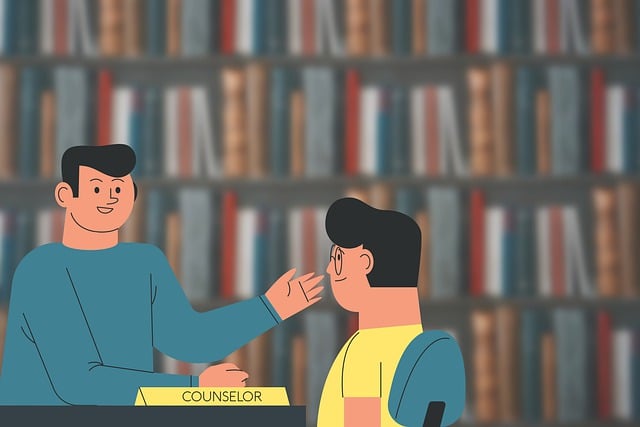Navigating DHS legalities in Oregon's child welfare system is key to ensuring fairness and advocacy for parents and children. Understanding state laws, court processes, and case management strategies allows families to actively participate in decisions, challenge errors, and access tailored services like parenting education and mental health counseling, ultimately promoting positive outcomes.
“In Oregon, the Department of Human Services (DHS) plays a pivotal role in child welfare, managing cases that range from temporary foster care to long-term adoption. Understanding the complex DHS child welfare system is crucial for parents, advocates, and professionals alike. This article guides you through navigating the legal procedures and rights inherent in this process. Additionally, it explores effective case management strategies designed to support families, ensuring their voices are heard while advocating for the best interests of children involved.”
- Understanding Oregon DHS Child Welfare System
- Navigating Legal Procedures and Rights
- Supporting Families: Case Management Strategies
Understanding Oregon DHS Child Welfare System

Oregon’s Department of Human Services (DHS) child welfare system is a complex network designed to protect and support vulnerable children and families. It involves a series of legal processes, services, and interventions aimed at ensuring the safety, well-being, and permanency of youth. Navigating DHS legalities can be intricate as it entails various regulations, court proceedings, and case management strategies.
The system operates through a combination of state laws and guidelines, with trained professionals responsible for assessments, investigations, and case planning. This involves determining the best interests of the child while also respecting family rights and privacy. Understanding the legal framework is essential when interacting with DHS to ensure fair treatment and informed decision-making during challenging times.
Navigating Legal Procedures and Rights

Navigating the legal procedures and rights within Oregon’s Department of Human Services (DHS) child welfare system is a critical aspect of ensuring fairness and advocacy for all involved. Parents or guardians facing potential removal or placement of their children must be fully informed about their entitlements, as well as the steps in the process. This includes understanding when and how to request legal counsel, file appeals, and stay informed throughout the case.
The DHS follows established protocols and laws to protect both the child’s welfare and the rights of families. By familiarizing themselves with these legalities, parents can actively participate in decisions affecting their children, challenge any misinformation or errors, and work towards positive outcomes for their family.
Supporting Families: Case Management Strategies

Oregon DHS, in its role as a guardian for vulnerable children, employs case management strategies to support families and navigate the complexities of the child welfare system. These strategies involve providing comprehensive services tailored to each family’s unique needs, focusing on stability and self-sufficiency. By offering resources like parenting education, economic assistance, and mental health counseling, DHS equips parents with the tools necessary to create a secure environment for their children.
Case managers play a pivotal role in guiding families through the legalities of DHS involvement, ensuring they understand their rights and obligations. They facilitate communication between various agencies, coordinate services, and advocate for the family’s best interests. Through these supportive measures, Oregon DHS strives to strengthen family connections, minimize the impact of separation, and promote positive outcomes for both parents and children involved in the child welfare system.
